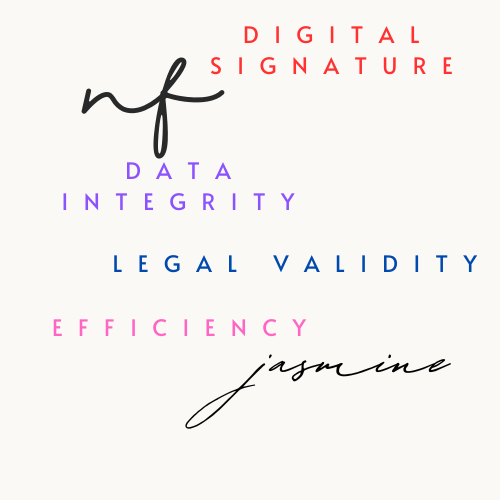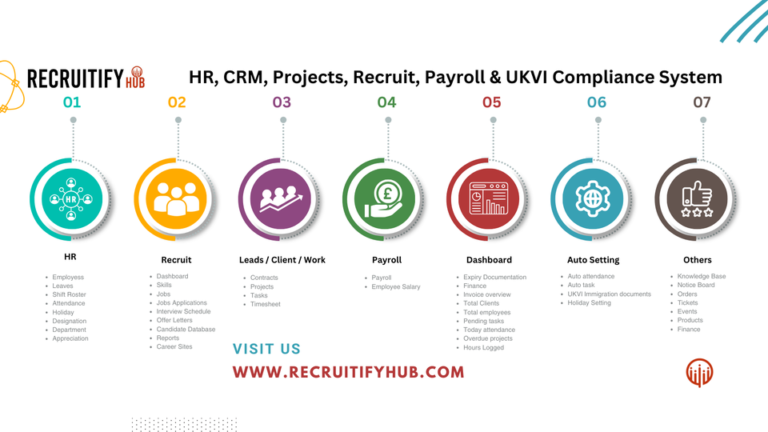The Power of Digital Signatures: Ensuring Security in the Digital Age
In today’s increasingly digital world, the need for secure and reliable methods of document authentication has never been greater. Enter digital signatures, a powerful tool that has revolutionized the way we ensure the integrity and authenticity of electronic documents. In this blog post, we’ll delve into the world of digital signatures, how they work, and why they are essential for safeguarding your digital assets.
What Are Digital Signatures?
- Key Pair Generation: The process begins with the generation of a key pair – a public key and a private key. The public key is freely shared, while the private key is kept secret.
- Signing the Document: To sign a document, the sender uses their private key to create a unique digital signature for that specific document. This signature is like a fingerprint, unique to both the document and the sender.
- Verification: The recipient, or anyone receiving the document, can use the sender’s public key to verify the signature. If the signature matches the document and the public key, it’s considered valid. Any alteration of the document, even a minor one, will result in an invalid signature
Why Are Digital Signatures Important?

- Data Integrity: Digital signatures provide assurance that the document has not been tampered with during transmission.
- Authentication: They confirm the identity of the sender, reducing the risk of impersonation or fraud.
- Non-Repudiation: Signers cannot later deny signing the document since their private key was used to create the signature.
- Efficiency: Digital signatures streamline workflows by eliminating the need for physical signatures and paper documents.
- Legal Validity: In many jurisdictions, digital signatures are legally binding and hold the same weight as traditional signatures.
Use Cases of Digital Signatures
- Business Contracts: Companies use digital signatures to sign contracts and agreements, ensuring their validity and security.
- Financial Transactions: Banks and financial institutions use digital signatures to authorize transactions and protect customer data.
- Legal Documents: Law firms and government agencies rely on digital signatures to validate legal documents.
- Healthcare Records: Digital signatures are crucial for protecting patient data in electronic health records.
- E-commerce: Online retailers use digital signatures to secure online transactions and customer information.
Conclusion
Digital signatures are a cornerstone of security in the digital age. They provide the means to authenticate documents and transactions while ensuring data integrity and non-repudiation. As technology continues to advance, the importance of digital signatures in safeguarding our digital world cannot be overstated. Whether you’re a business professional, a legal expert, or an individual concerned about online security, understanding and utilizing digital signatures is an essential skill in today’s digital landscape.
Explore the potential of digital signatures and embrace the future of secure document management in the digital age.
RecruitifyHub has incorporated digital signature functionality into its comprehensive CRM system, complementing a suite of other essential tools, including HR management, payroll processing, and recruitment solutions.







